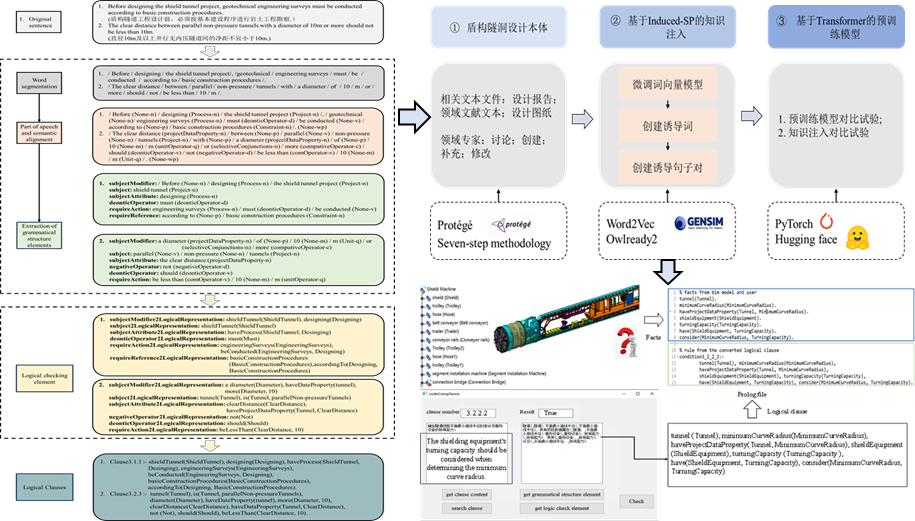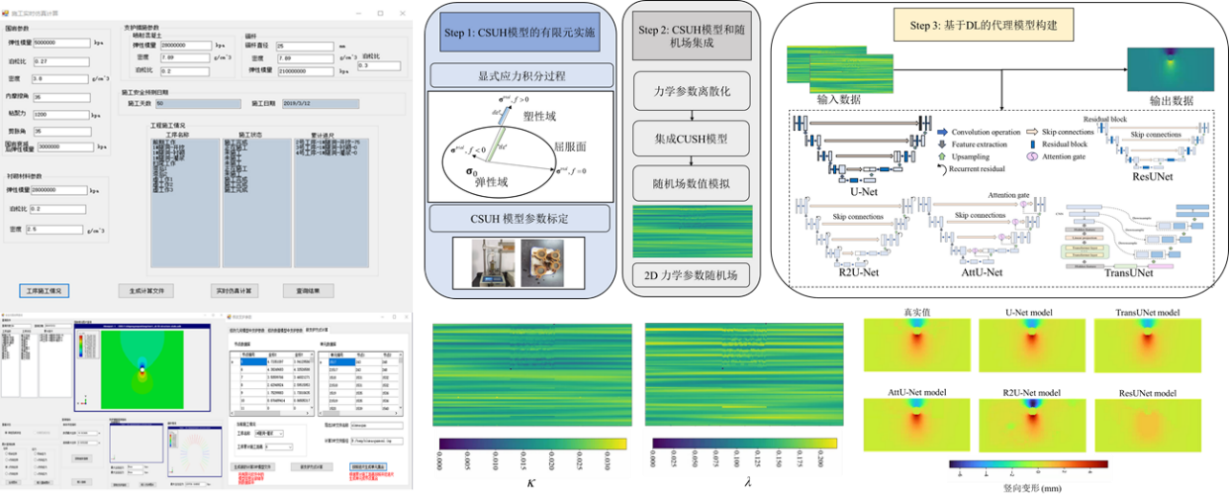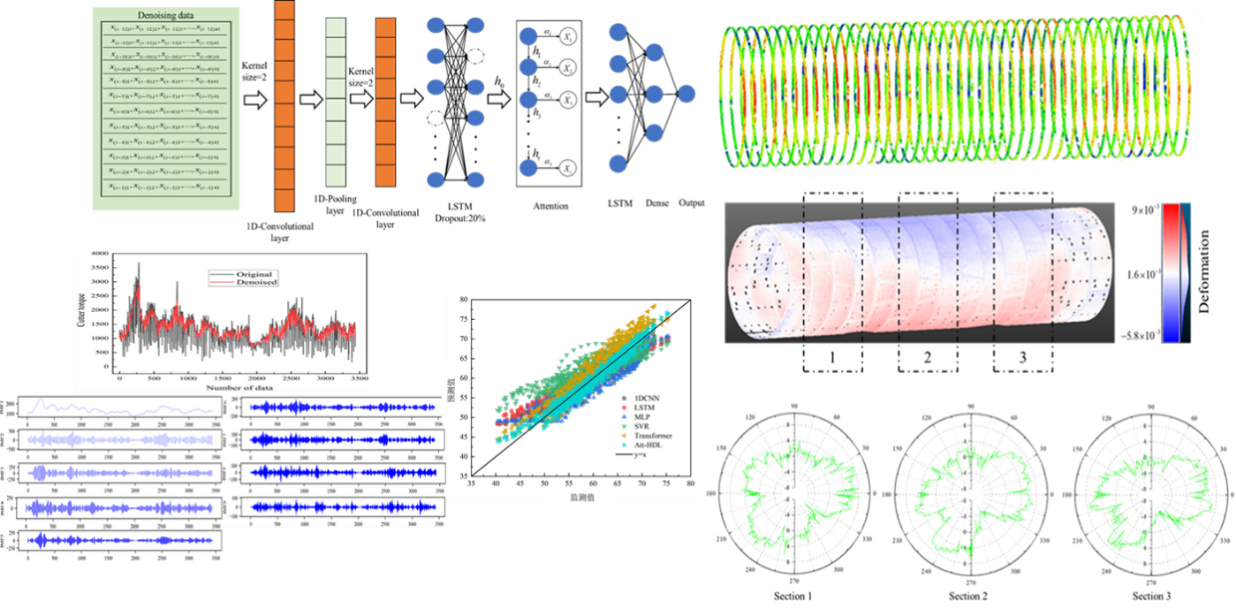Hydraulic tunnels have been widely adopted in the construction of national water networks and major hydropower projects, playing a pivotal role in optimizing the allocation of water energy resources and meeting ecological and environmental protection requirements. At present, new-generation information technologies are pushing the traditional construction industry to a critical juncture of transformation, with artificial intelligence, big data, robotics, and other technologies significantly impacting conventional methods of hydraulic tunnel construction. Additionally, the development of new quality productivity has introduced innovative demands for activities and tasks throughout the entire lifecycle of hydraulic tunnels. Against this backdrop, the challenge of achieving flexible and efficient decision-making while driving industrial innovation has become an urgent issue to address. In response, Professor Ren Xuhua's team from the School of Water Conservancy and Hydropower Engineering at our university has made certain innovative achievements in areas such as automatic compliance review for hydraulic tunnel design, intelligent simulation of support schemes, and the construction of surrogate models for engineering safety assessments, all aligned with national strategic needs and cutting-edge industry transformations.




